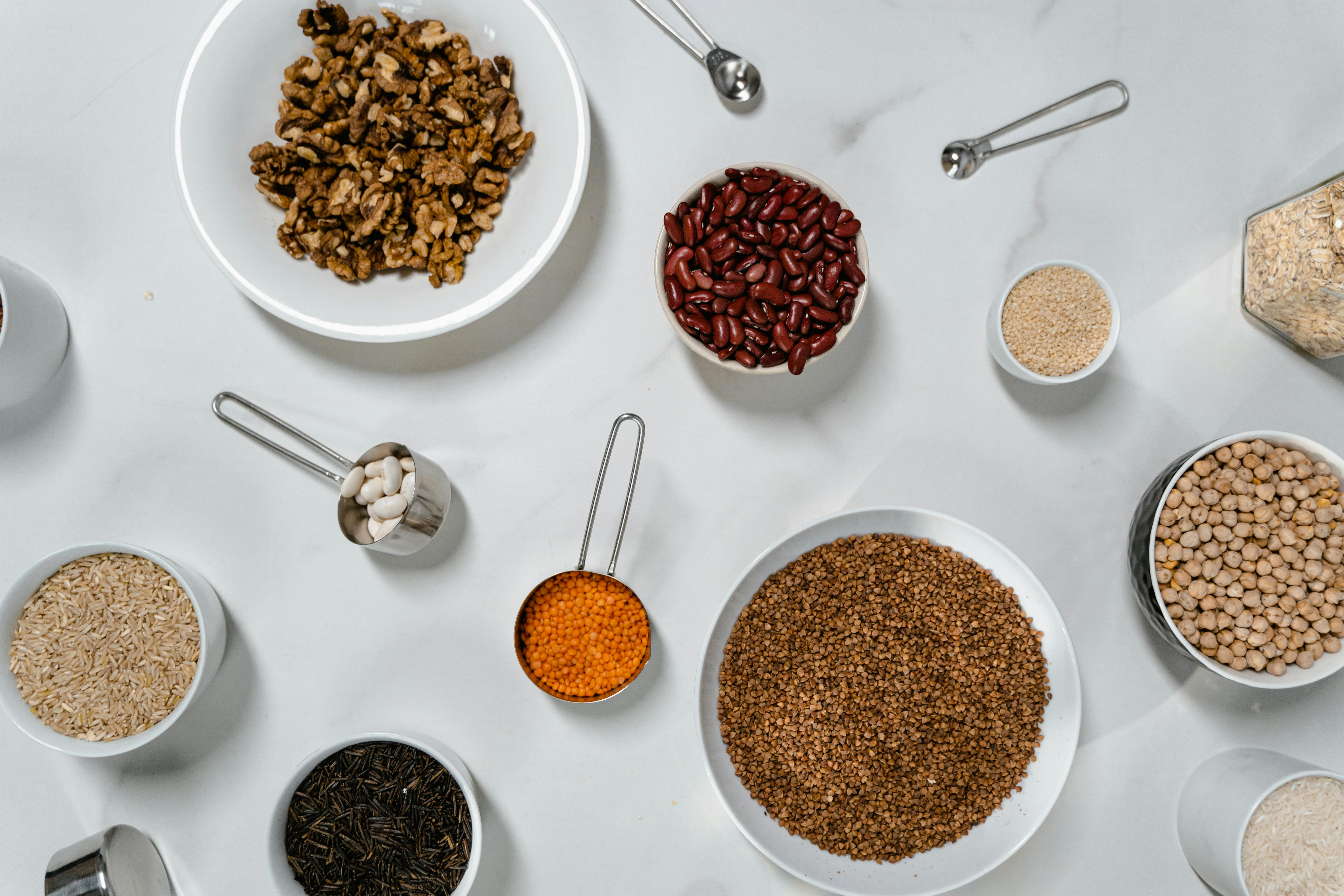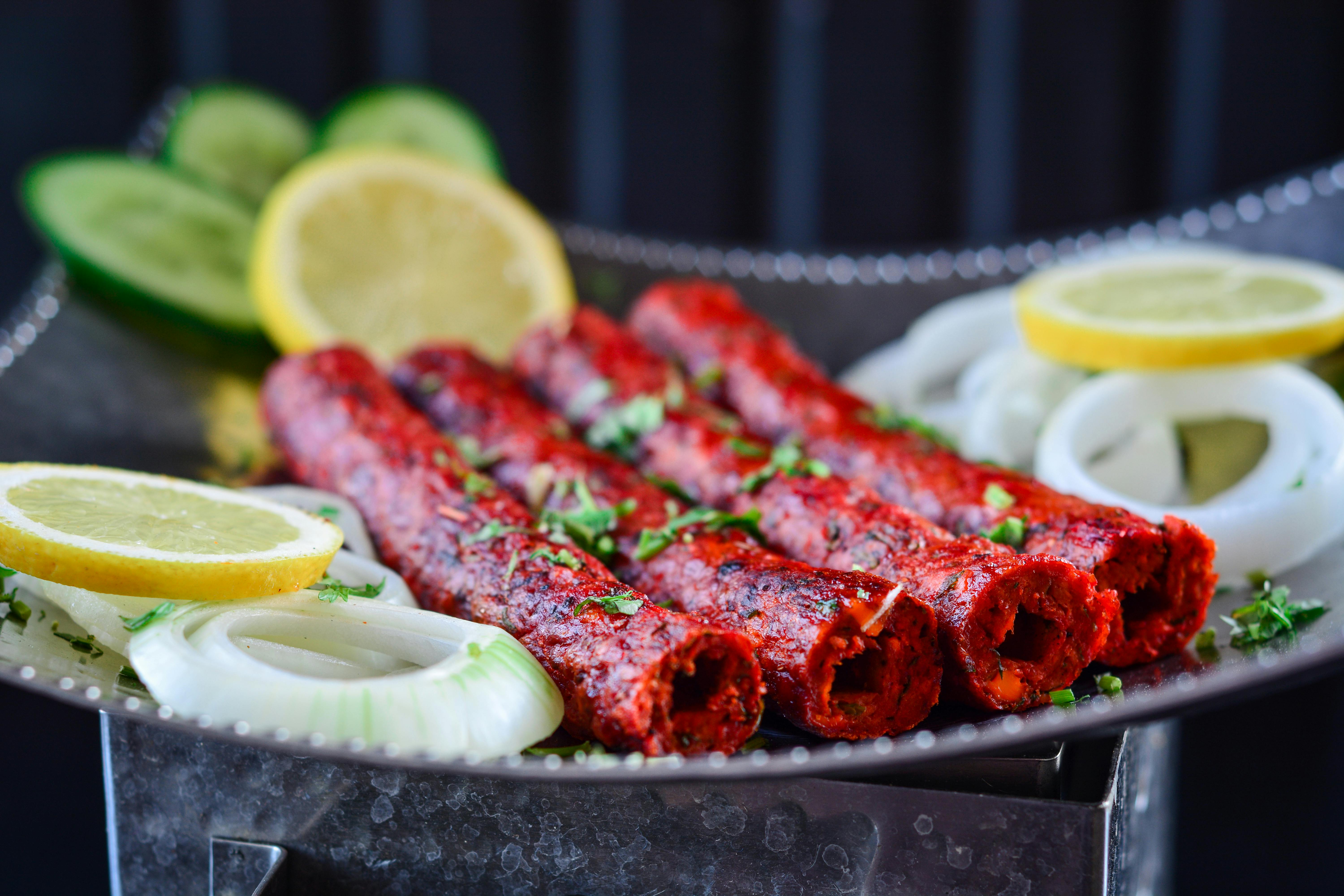
Smart Ways to Enhance Your Diet for Venous Insufficiency in 2025
Venous insufficiency is a common health issue where the veins struggle to send blood back to the heart. A thoughtful diet can significantly improve circulation, support vein health, and help alleviate the symptoms associated with this condition. In this article, we delve into the venous insufficiency diet, exploring essential nutrients, foods to include and avoid, and practical tips for meal planning. With a focus on hydration, anti-inflammatory options, and nutrient-dense foods, we aim to empower individuals with the knowledge to manage their vein health effectively. By making informed dietary choices in 2025, you can enhance your circulation and improve your overall well-being.
The following sections will cover:
- Key dietary components for venous health
- Foods rich in antioxidants and vitamins
- Hydration's role in supporting circulation
- Meal planning strategies
- Practical tips for healthy eating and lifestyle changes
Ultimately, understanding the connection between what we eat and our veins can lead to healthier choices and improved outcomes.
Essential Foods for Venous Insufficiency Health
Food plays a vital role in managing venous insufficiency. Incorporating nutrient-rich foods into your diet can greatly enhance your venous health. Foods that are particularly beneficial include:
Fruits and Vegetables for Blood Circulation
Fruits and vegetables are cornerstone components of a dietary plan for vein issues. Berries, citrus fruits, and leafy greens are especially high in antioxidants, which help combat oxidative stress and inflammation that can affect vein integrity. Vitamin C-rich foods like oranges and strawberries promote collagen production, supporting vein structure and reducing the potential for varicose veins.
Furthermore, vegetables like spinach and kale provide essential vitamins and minerals, including potassium, which helps maintain fluid balance and supports overall vascular function.
Whole Grains and Fiber-Rich Foods
Whole grains, such as brown rice, quinoa, and whole grain bread, play a significant role in a venous insufficiency diet. These foods are rich in fiber, which aids in digestion and contributes to maintaining a healthy weight, an important factor in vein health. Fiber helps minimize the risk of constipation, reducing pressure on the veins.
Additionally, incorporating more fiber helps regulate blood sugar levels, which can mitigate inflammation and enhance overall circulation-boosting nutrients.
Healthy Fats for Improved Circulation
Including healthy fats in your diet is essential for optimal vein health. Omega-3 fatty acids found in fatty fish like salmon, as well as nuts and seeds, provide anti-inflammatory benefits that help improve blood flow. These fats also support heart health, which is intrinsically linked to the health of your veins.
Furthermore, avocados and olive oil offer monounsaturated fats that keep cholesterol levels in check, facilitating healthy blood circulation. Aim to replace saturated fats with these healthier options.
Spices for Blood Circulation
Some culinary herbs and spices can enhance blood circulation. Turmeric, for instance, contains curcumin, a powerful antioxidant that promotes blood vessel health. Adding spices like cayenne pepper and garlic not only flavor your meals but also promote circulation through their active compounds that benefit vascular function.
Integrating these spices into your daily cooking can be a flavorful way to support your vein health.
Hydration: The Unsung Hero
Staying hydrated is fundamental in maintaining optimal blood flow. Dehydration can make blood thicker, resulting in decreased circulation and possible complications for those with venous insufficiency. Aim to consume adequate fluids, focusing on water, herbal teas, and hydrating fruits and vegetables to boost your intake.
Incorporating hydration tips, such as keeping a water bottle on hand and setting reminders to drink regularly, can greatly contribute to your overall hydration strategy.
Foods to Avoid for Better Venous Health
While many foods support vein integrity, some can exacerbate symptoms of venous insufficiency. It’s crucial to recognize these venous insufficiency foods to avoid in order to optimize your diet.
High-Sodium Foods
A diet high in sodium can lead to water retention, increasing the pressure within the veins and exacerbating symptoms of venous insufficiency. Processed and packaged foods, such as canned goods, deli meats, and fast food, are often high in salt and should be consumed sparingly. A low-sodium diet for veins will not only support your vascular health but also promote overall well-being.
Refined Sugars and Fats
Excessive sugar intake can lead to obesity and chronic inflammation, both of which are detrimental to vein health. Simple carbs found in sweets and sugary beverages can significantly impact blood sugar levels, increasing the risk of venous issues. Instead, focus on complex carbohydrates found in whole grains and limit processed sugars.
Additionally, trans fats should be eliminated from your diet. These unhealthy fats contribute to poor arterial health and should be replaced with healthy fats instead.
Excess Alcohol
While moderate wine consumption can have heart benefits due to flavonoids, excessive alcohol intake can have a negative impact. It may lead to dehydration and inflammation, compounding circulation issues associated with venous insufficiency. Limiting alcohol intake supports better vein health and overall circulation.
Insufficient Antioxidant-Rich Foods
Neglecting antioxidant-rich foods can also harm your vascular health. Antioxidants help shield the body from oxidative stress and inflammation. Without adequate antioxidants in your diet, symptoms of venous insufficiency may worsen. Prioritize colored fruits and vegetables to ensure you're getting enough of these vital nutrients.
High-Fat Dairy Products
Full-fat dairy can lead to increased cholesterol levels, thereby affecting blood vessel health negatively. Opting for low-fat or plant-based dairy alternatives can reduce your intake of unhealthy fats while still providing necessary nutrients.

Nutritional Strategies for Venous Wellness
Implementing a healthy meals for vein health approach requires mindful planning and strategies tailored to your specific needs. Here are some nutritional strategies to consider:
Meal Planning for Circulation
Creating a weekly meal planner can help you incorporate all the key nutrients necessary for supporting your veins. Start by mapping out your meals, focusing on balancing protein, healthy fats, fiber, and plenty of fruits and vegetables. Using a rotating schedule can also help to keep your meals exciting.
Additionally, batch cooking and meal prep can save time and ensure you have healthy options readily available, minimizing the temptation to resort to less nutritious choices.
Importance of Regular Meals
Regular meal timing can significantly influence metabolic health and help prevent excessive hunger that might lead to poor snacking choices. Eating small, balanced meals spaced throughout the day can maintain energy levels and support digestive health, contributing positively to vein function.
Culinary Herbs and Spices for Benefits
Not only do herbs and spices enhance flavor, but they also offer numerous health benefits. Incorporating culinary herbs like parsley, ginger, and ginseng into your diet can provide circulation-boosting effects. Experimenting with different seasonings can make your meals more enjoyable and beneficial.
Portion Control for Venous Health
Managing portion sizes is crucial in maintaining a healthy weight, which is important for reducing strain on your veins. Awareness of serving sizes can help prevent overeating, ultimately supporting circulation and overall vein health.
Incorporating Superfoods
Superfoods rich in flavonoids, omega-3 fatty acids, and antioxidants should be staples in your diet. Berries, leafy greens, nuts, and fatty fish are excellent choices that can enhance venous health. Understanding the role of these foods in your diet can lead to more effective dietary changes for venous insufficiency.

Hydration Tips and Lifestyle Adjustments
Staying hydrated is a fundamental but often overlooked aspect of managing venous insufficiency. Here are some effective hydration tips and lifestyle changes to implement:
Daily Hydration Goals
To maintain optimal blood viscosity and support circulation, set daily hydration goals. Drinking water regularly, especially before, during, and after meals, can aid in digestion and overall vein health. Using apps or setting reminders can also assist in reaching your hydration targets.
Managing Physical Activity
Incorporating regular physical activity is key to supporting your dietary choices. A combination of aerobic exercises, strength training, and movement throughout the day contributes positively to circulation and body weight management.
Engaging in activities such as walking, swimming, or cycling can help propel the blood through the veins, reducing the risk of complications associated with venous insufficiency.
Weight Management Strategies
Maintaining a healthy weight is crucial to mitigating the symptoms of venous insufficiency. Following a balanced diet focused on whole, nutrient-dense foods while actively managing calorie intake can assist you in reaching your weight goals. Regular monitoring and adjustments might be necessary as your body responds to dietary changes.
Environmental Considerations
Lastly, acknowledging and addressing external factors such as smoking and stress management can be beneficial. Both can negatively impact circulatory health. Prioritizing a smoke-free lifestyle and incorporating stress reduction techniques, like yoga or mindfulness, can further enhance the effectiveness of your dietary changes.
Q&A: Understanding Venous Insufficiency and Diet
What are the best foods for venous insufficiency?
The best foods for venous insufficiency include fruits, vegetables, whole grains, healthy fats, and protein sources rich in omega-3s. Foods high in antioxidants, such as berries and leafy greens, can also support vascular health.
How can dietary changes help with venous insufficiency?
Dietary changes can help reduce inflammation, manage weight, and improve overall circulation, which in turn alleviates symptoms of venous insufficiency. Including hydration and nutrient-rich foods strengthens vein health and supports better function.
What foods should be avoided for venous health?
Avoid foods high in sodium, refined sugars, unhealthy fats, and excessive alcohol, as these can contribute to inflammation, weight gain, and poor circulation.
How much hydration is necessary for proper circulation?
It's generally recommended to aim for at least 8-10 cups of water a day, but individual needs may vary. Listen to your body and adjust your intake based on activity levels and environmental conditions.
Can supplements help with venous insufficiency diet?
Some individuals may benefit from supplements, particularly if they find it hard to get enough essential nutrients through food alone. However, it's important to consult a healthcare professional before adding supplements to your routine.